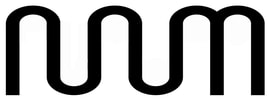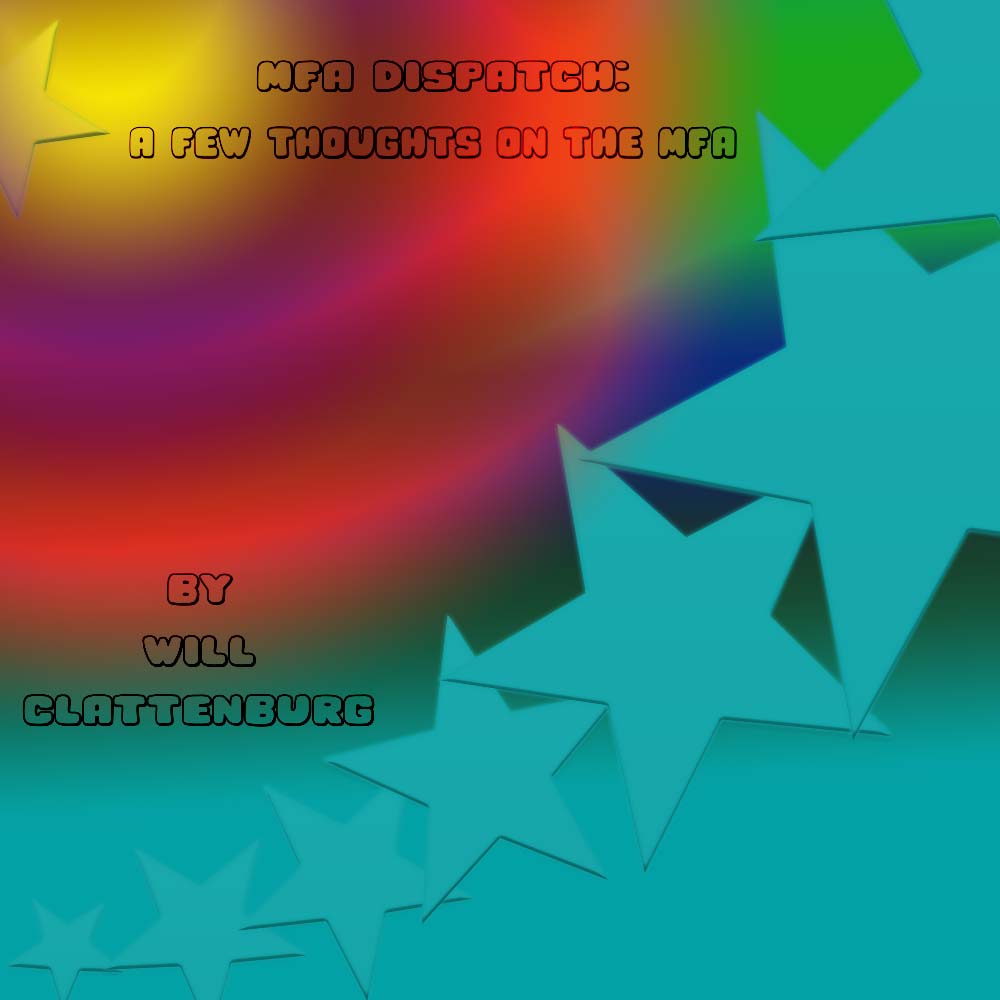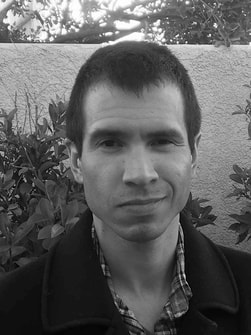on, get a job, and live life as a normal person. A creative writing Ph.D seems like the biggest joke in the world to me—no offense. Write a book instead. Or work in a car shop or work as a ski instructor—do something that will actually be useful for your writing and for subjects to write about. Faulkner wrote about making biscuits and flying airplanes and troop maneuvers and the rich and the poor. Nowadays writers mostly write about themselves—that could work, as long as you have a self to write about (who did something other than earn MFAs)…
Reflections: Before the MFA When I applied for my MFA I felt like I was in a rut—I had time to write but not enough time. I had ideas I wanted to pursue but no direction. I believed I had an original voice and was eager to write as many stories as I could. I still remember the euphoria and wonderful sense of expectation I felt the summer before my MFA program started. My wife and I had just had a baby (my wife had it, I only offered the flimsy support of someone whose body was unchanged by the event), we’d moved to New Mexico, we were living (temporarily) in my wife’s parent’s house. And I had time to write—during nap time, that is. I produced 4 or 5 stories and I felt confident going into my program. My in-laws, who are practical people, didn’t understand what an MFA was. Maybe I didn’t explain it well. And really there is something self-indulgent about leaving a full-time job to pursue “writing.” I emphasized the fact that I would still be making money—something is better than nothing. Plus the actual MFA part cost nothing, it was all covered by my graduate assistantship which sounds like a nice job. It took me 2 years in the program to realize how little “prepared” I’d been. Re-discovering Voice News to me, but I was pretty far away from an authentic writer’s voice and not just a vamp of other writers I liked. Luckily my MFA was a 3 year program so late-bloomers like myself could take the first 2 years to go around in circles and write in an imitating, approval-seeking way and then realize Oh shit, I’ve wasted 2 years writing shit that doesn’t speak to me. That was my experience anyhow—hopefully it won’t happen to anybody else. Maybe some applicants already come with their own style and voice. But for me mistakes led to an understanding. I was on the verge of learning how to write my own way, I was getting closer… I didn’t know how close I was. But for the MFA, I might not have gotten there.
“The Standard Short Story”
See, I’d been trying for so long to write stories that fit a certain mold. I guess you could call it a traditional mold, the “standard short story.” I found the effort of writing such stories painstaking and tortuous--but hey, I reasoned, writing is tough work, it’s not like the fruit just falls into your lap. A few of my MFA instructors and peers liked these stories. They encouraged them. They also wrote traditional stories. They liked that I was writing like them. I liked hearing their compliments. I felt validated. One problem—the stories I was writing bored the life out of me… Each one was like giving birth to a hippopotamus—I mean that figuratively, of course. These stories didn’t even seem like the right species. I was straining and straining and for what? It was time for a change… I had lessons to learn… By year three of my MFA, I’d turned a corner and discovered I could write like myself, after all. It’s funny but I read a text of an AWP speech by George Saunders in which he says he went through a similar process of shedding old influences—I don’t think I’m alone in this. The MFA helped me along. How? By constantly (naggingly) asking me to produce more writing. And more writing on top of that. Classes pushed me to write fast and to improvise and to cut and paste and to use a keyboard instead of writing everything by hand. As I churned out more and more writing I noticed a dichotomy in my written work. The longer, more “standard short story” stories had a different voice, a different tone and were the hardest to write. The shorter more conversational stories sounded like me or like people I’ve known and were relatively easy (they still required editing). Even my MFA compatriots noticed the difference. And within a few months, while beginning my thesis, I decided to stake everything on the stories that were easy to write. The Lesson of the MFA Easy is not the same thing as bad. Artists skip around and (if they’re lucky) find what’s natural. What’s natural is what’s true. It isn’t natural for a human being to give birth to a hippopotamus. Your own writing shouldn’t stink like a pachyderm. I’d been working against what was natural for almost a decade! It was a personal revelation. And with it, writing became fun again. I was having fun doing it. Writing became an adventure. Never lose that. My MFA program helped me approach writing with curiosity and with joy… Closing Thoughts So, in a nutshell, I recommend an MFA. MFA programs for all their flaws do offer time for a serious and reflective writer to develop their abilities. Yes, there are drawbacks—classes you don’t want to take, academic papers you don’t want to write, course requirements that come along with any program. In the end, however, the time constraints of an MFA are less than those of a regular job—unless you are a lighthouse keeper maybe or a private tutor in the English countryside. There will be professors who have different philosophies than you. There will be workshops that turn into polarizing arguments. Avoid polarization. Avoid anyone who tells you you can only write one way or in one genre. Do what you need to do in a program but always remain true to yourself. MFAs, in their way, present a microcosm of our current national reality. We live in a polarizing time—but writing, in my opinion, should be for all. Stories and books should be a common language for all people in any time. Your own writing won’t mean anything unless it means something to you. That’s what an MFA taught me.
0 Comments
Your comment will be posted after it is approved.
Leave a Reply. |
AuthorNUNUM Archives
July 2024
Categories |




 RSS Feed
RSS Feed